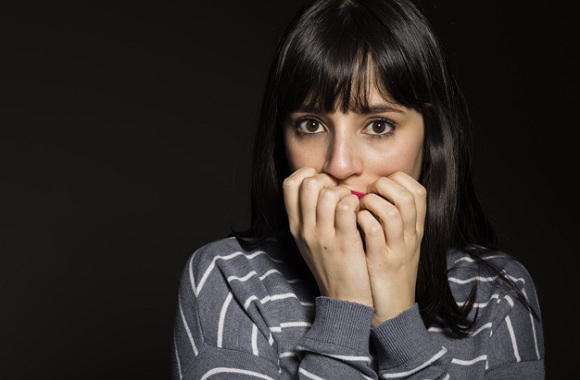Is a phobia a mental health problem ?

A phobia is an insistent, disproportionate, impractical fear of an object, person, animal, activity or situation. It can also be labelled as an anxiety disorder. An individual with phobia either tries to avoid and stay away from it or faces it with great anxiety and despair.
The symptoms of phobia are
- Extreme, arbitrary, stubborn feelings of fear or anxiety get triggered by an object or situation or place.
- Irrational Feeling towards objects which are harmless and most people are not scared or anxious about
- Avoiding the mechanism that’s triggers the phobia People having phobias either completely avoid the situations that they preconceive would cause the phobia or
- Anxiety-related physical symptoms. These can include tremors, palpitations, sweating, shortness of breath, dizziness, nausea or other symptoms that reflect the body's "fight or flight" response to danger which can further lead to panic disorder.
Is a phobia a mental health problem?
Many individuals have fears about specific objects or situations, and this is perfectly normal. A fear becomes a phobia if:
- the fear is in excess to the danger
- it lasts for more than six months
- it has a significant effect on how one lives his everyday routine
Causes of Phobia
There are several causes of Phobia of phobias and a lot of factors are important in the creation of phobias
- A particular incident .For example, someone who experiences a storm in the sea while he is on the ship he might always be anxious or scared every time he is travelling by the sea .
- Learned fears or anxieties. There are very high chances of one having phobias when they are born from anxious parents or there are very high chances of having the same fears or phobias that are prevalent in the family environments and closed ones.
- Stress or anxiety which is prevalent for a longer time has a long term effect and because the anxiety has stayed with the person for long it makes it extremely difficult for him to forego that fear and it stays with him for the longest time
- Intensity of the fear or anxiety and one’s reaction to it also lays a very important role in developing phobias as one might feel ashamed to show his fears and it stays with him slowly developing into a phobia
Methods of overcoming phobias
Overcoming phobias is a slow process and sometimes the impact of the trauma or fear is so heavy that therapy for years also cannot completely help to overcome that phobia. Still as therapists or individual we can try various ways to help one overcome the phobia:
- Talking to a mental health professionalTalking about your fears and anxieties could you calm you down as well you can consult a doctor or a mental health therapist who would help you with the aid of certain therapies which would in turn release your fears or help you cope up with them in certain situations
- Joining a support groupJoining a support group also plays a very important role in helping one overcome phobias as individuals would share common experiences or incidents related to their fears or anxieties which would validate one’s fears and would give him a thought that many other people are with me in the same boat and I am not alone. It would even provide an emotional support and give some amount of strength in coping up with the phobia in a more effective way
- Helping yourself copeThere is a lot of books and online material available to help you learn self-coping skills and how one could do certain exercises or certain activities to overcome a phobia. It is again highly important for one to understand to check the sources of their reading material and then try it out. Different connections would work for different people and it comes down to a trial-n-error process.
- Therapeutic methodCognitive behaviour therapies play a very important role in regulating one’s thoughts, beliefs and actions and help one understand and balance them. Even metaphor and exposure therapies are used to help an individual face the person or situation he is phobic about by making an individual face that situation again and again with a role play or in a controlled environment until the intensity of the fear is reduced
- MedicationIn extreme anxieties or fears the help of anti -depressants or medicines is taken in order to help one cope up with them but at the same time therapy to reduce the impact of the emotional turbulence is suggested at all time.